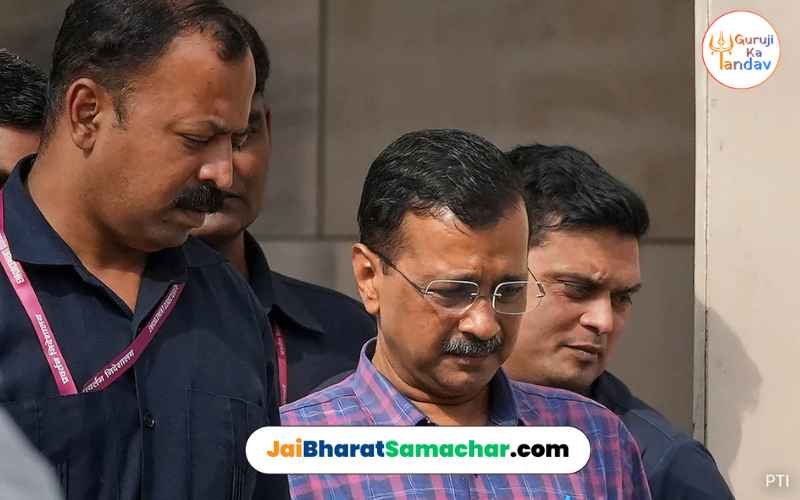In a courtroom drama that has captivated the nation’s attention, the Supreme Court of India once again found itself at the epicenter of controversy as it grilled Delhi Chief Minister Arvind Kejriwal over his failure to file a bail plea following his arrest by the Enforcement Directorate (ED). The proceedings, which unfolded today, saw a barrage of questions directed at Kejriwal regarding the timing and necessity of his arrest, escalating tensions between political factions and legal authorities.

Kejriwal, a prominent figure in Indian politics known for his vocal opposition to corruption, faced tough interrogation from the bench as justices sought explanations for his decision not to seek bail in the ongoing case related to the Delhi excise policy. The ED had arrested Kejriwal in connection with alleged irregularities in the implementation of the excise policy, sparking a heated debate over the motives behind his detention.
The courtroom exchange mirrored the intensity of public discourse surrounding the case, with the justices expressing skepticism towards Kejriwal’s defense. The apex court’s inquiry into the absence of a bail plea underscored the complexities of the legal battle, with both sides presenting contrasting narratives to justify their positions.
While Kejriwal’s legal team argued against the necessity of a bail application, citing procedural irregularities and lack of concrete evidence, critics seized upon the opportunity to question the transparency of his actions. The proceedings laid bare the fault lines within India’s political landscape, with supporters and detractors of Kejriwal closely monitoring each development in the case.
The Supreme Court’s scrutiny of Kejriwal’s conduct reflects the broader ramifications of the ongoing legal saga, with implications extending beyond individual culpability to encompass larger questions of accountability and governance. As the case continues to unfold, observers are eagerly awaiting the court’s verdict, which is expected to shape the future trajectory of Indian politics.
In the midst of mounting tensions and heightened scrutiny, Kejriwal’s appearance before the Supreme Court serves as a stark reminder of the delicate balance between power and responsibility in a democracy grappling with systemic challenges. As the nation waits with bated breath, the courtroom drama surrounding Arvind Kejriwal’s bail plea underscores the enduring significance of the judiciary in upholding the rule of law and safeguarding democratic principles.








